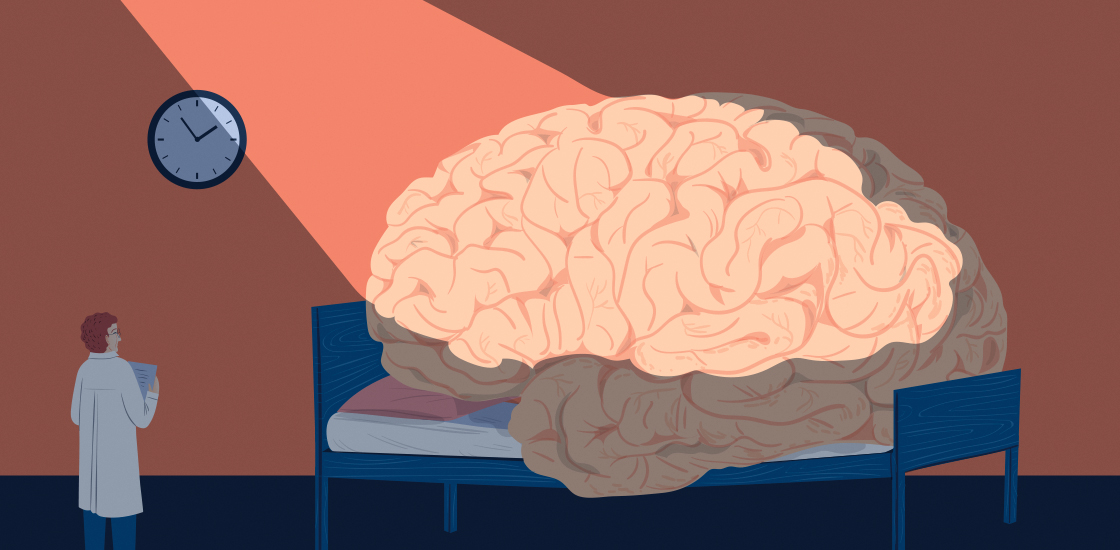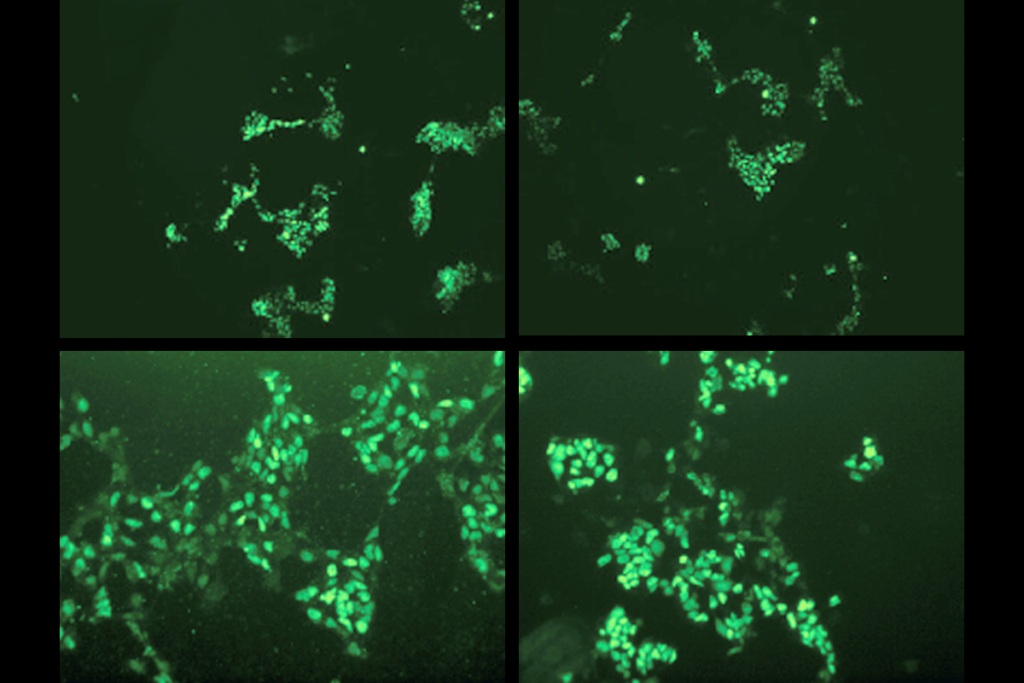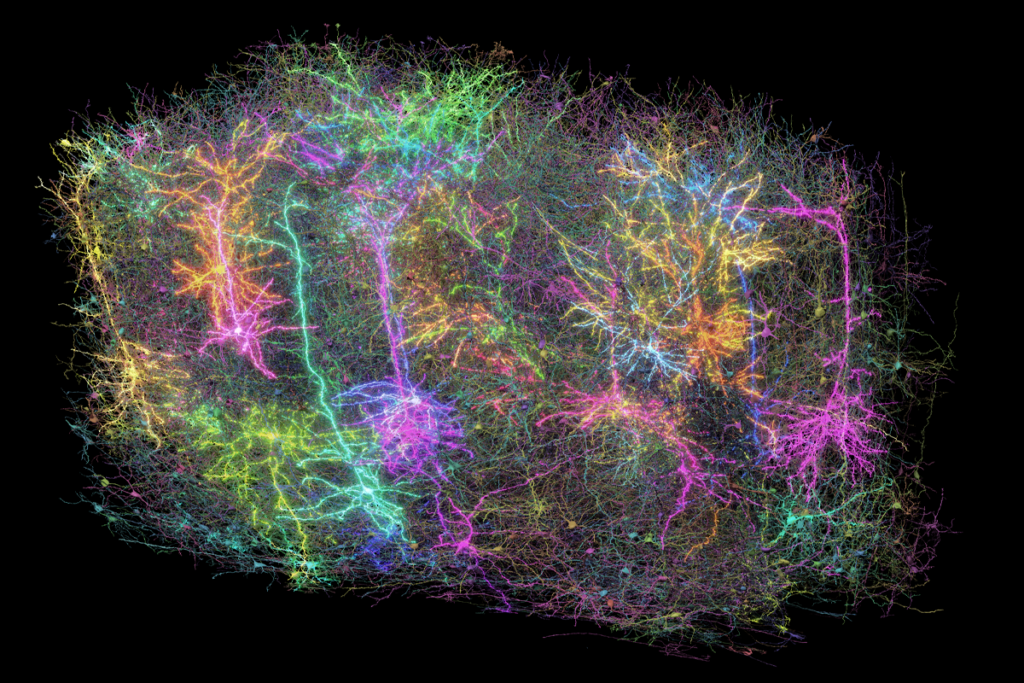Note to autism scientists: Control for z’s
Differences in sleep and circadian rhythm may distort the results of autism studies.

Imagine a brain-imaging study intended to better understand autism. The researchers show the participants a series of pictures of faces and ask them to spot any duplicates. The participants with autism respond more sluggishly than controls do.
But what the researchers may not have accounted for is that the participants with autism are all operating on little sleep. So the sluggishness may be due to that, and not to their autism.
This is a hypothetical example. But sleep problems are much more common among people with autism than controls, and it’s entirely possible that they do skew results of studies. Lack of sleep is known to exacerbate the social difficulties and repetitive behaviors of people with autism. It may also alter brain activity and gene expression. The time of day the researchers conduct their experiment may also sway results, because many biological processes ebb and flow over a 24-hour cycle.
To have confidence in their conclusions, researchers must account for the time of day and the quality of sleep in their participants, some studies suggest.
If you don’t measure sleep, you won’t know if the lack of it is affecting your results, says Beth Malow, professor of neurology and pediatrics at Vanderbilt University in Nashville, Tennessee. And, she says, that “might come back to bite you.”
Behavioral researchers often consider sleep as a possible confound, says Cynthia Johnson, associate professor of clinical and health psychology at the University of Florida in Gainesville. If people with autism are randomly assigned to two groups, the ones with sleep problems would be evenly distributed. “When we randomize, we control for the effects of sleep,” Johnson says.
The same is not true for studies of brain activity or gene expression, however. These studies typically compare people who have autism with controls. So the results may reflect the effects of disrupted sleep or natural fluctuations in the participants’ bodies, rather than differences relevant to autism.
Brain drain:
An estimated 44 to 86 percent of people with autism struggle to fall asleep, wake frequently during the night, rouse early in the morning or have other sleep issues. These problems may disrupt the circadian (daily) clock or may arise from a clock that is shifted or otherwise malfunctioning.
Several lines of evidence suggest that sleep deprivation affects brain activity. For instance, a circuit called the default mode network normally shuts down when a person concentrates on a task; one night of poor sleep impairs this deactivation in typical people1. People with autism show asynchronous activity in this network, according to a study, but it is unclear whether sleep problems contributed to this finding.
Sleeplessness also amplifies the effects of aversive stimuli on activity in the amygdala, a brain region that regulates emotion2. Some people with autism show abnormal activation of this brain area.
Lack of sleep also affects the medial temporal lobe, a brain region crucial for recognizing faces. Sleep-deprived people are slower than usual to distinguish pictures of faces from those of objects and show dampened activity of neurons in the temporal lobe3.
“There is plenty of evidence to suggest [sleep problems] could be a real confound,” says Rebecca Jones, assistant professor of neuroscience in psychiatry at Weill Cornell Medicine in New York. She says researchers probably don’t exclude people with sleep problems because they would end up with too few participants.
The time of day also can affect brain activity. In a 2014 study, Duncan Hodkinson and his colleagues measured activity in the default mode network in 13 neurotypical men4. They scanned the participants’ brains in the morning and in the afternoon for two days using functional magnetic resonance imaging. They found that activity in the network is lower in the afternoon.
“If you have a mixture of morning and afternoon scans, check that the distribution is equal between groups,” says Hodkinson, instructor in anesthesia at Boston Children’s Hospital. “If it’s not, be careful about your inferences.”
Researchers should also hold the time of day constant when they scan the same people repeatedly over weeks or years, he says.
Gene rhythms:
How well a person has slept may also affect gene expression in the brain. Sleep deprivation alters the expression of genes in rat brains and human blood5,6. Many of the affected genes regulate circadian rhythms; others regulate immune responses or chemical tags on DNA and proteins that influence gene expression.
These functions overlap with those of the top candidate genes for autism. And genes with these functions show altered patterns of expression in the brains of people with autism. The findings hint that sleep problems can amplify or obscure gene expression patterns found in people with autism.
Circadian rhythms also influence gene expression, says Janine LaSalle, associate director of genomics at the University of California, Davis, Genome Center. About 9 percent of genes examined in postmortem brain samples from 531 adults vary their expression by time of day, according to an analysis published in April7. These alterations track with cyclic changes in chemical tags that influence gene expression.
Some researchers say they don’t worry about circadian effects confounding gene expression studies. “It’s an interesting idea, but it is a very unlikely driver,” says Daniel Geschwind, distinguished professor of neurology, psychiatry and human genetics at the University of California, Los Angeles.
Multiple lines of evidence point to similar patterns of unusual gene expression in autism brains, he says. They are not all likely to be wrong.
To find out whether circadian rhythms do affect gene expression, researchers would need to know the time and date of death of the brain donor — information that is not typically available.
References:
- Gujar N. et al. J. Cogn. Neurosci. 22, 1637-1648 (2010) PubMed
- Yoo S.S. et al. Curr. Biol. 17, R877-R878 (2007) PubMed
- Nir Y. et al. Nat. Med. Epub ahead of print (2017) Abstract
- Hodkinson D.J. et al. J. Cereb. Blood Flow Metab. 34, 1493-1499 (2014) PubMed
- Cirelli C. et al. J. Neurochem. 98, 1632-1645 (2006) PubMed
- Möller-Levet C.S. et al. Proc. Natl. Acad. Sci. U.S.A. 110, E1132-E1141 (2013) PubMed
- Lim A.S. et al. Nat. Commun. 8, 14931 (2017) PubMed
Recommended reading

Split gene therapy delivers promise in mice modeling Dravet syndrome

Changes in autism scores across childhood differ between girls and boys

PTEN problems underscore autism connection to excess brain fluid
Explore more from The Transmitter

U.S. human data repositories ‘under review’ for gender identity descriptors

